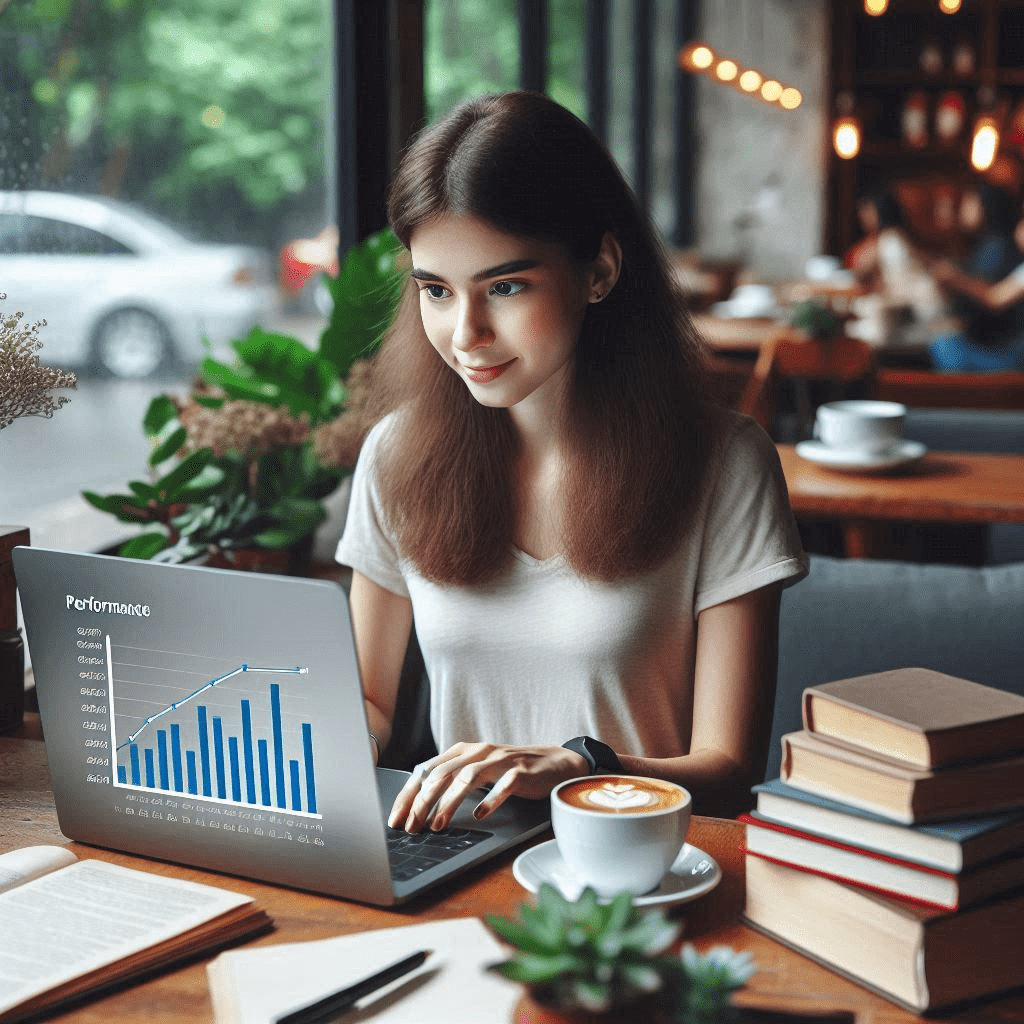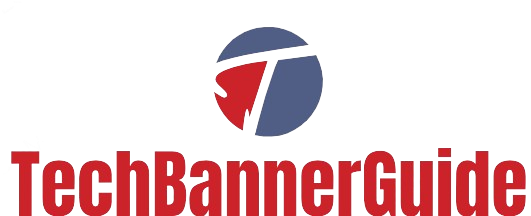10 Proven Ways to Speed Up Your Laptop Without Buying New Hardware.
Everyone loves their laptop when it is new and fast but with time it becomes slow. People often think that laptops can become faster by using new hardware, but the good thing is that you can increase the performance of your laptop even without buying hardware.

10 Proven Ways to Speed Up Your Laptop Without Buying New Hardware.
I am going to tell you 10 ways by which you can speed up your windows laptop for free and you can do this yourself at home.
- Disable unnecessary startup programs.
- Free up disk space.
- Keep windows and driver updated.
- Uninstall unused programs.
- Turn off fancy visual effects.
- Clear browser cache and disable extension.
- Adjust power settings for performance.
- Use built in troubleshooters.
- Reboot
- Don't use third party programs like antivirus, disk cleaner.
1. Disable Unnecessary Startup Programs
Whenever you turn on the laptop, many programs and apps start starting in the background due to which there is a lot of loads on the processor and RAM also starts getting used a lot due to which the system becomes slow and it takes more time to boot, this can include apps like Skype, Spotify or Adobe.
How to fix it:
- Press Ctrl + Shift + Esc to open the Task Manger.
- Click on Startup tab.
- Here you will see a list of programs. Right click on it and disable the ones you do not use every time when computer starts (like Skype, Spotify, HP services, Alexa etc.)
Tips: Only disable non-essential programs. Keep important ones like your antivirus, Windows defender running at startup.
2. Free Up Disk Space
If your hard drive gets full then your laptop can become slow even in doing basic tasks. Clearing disk space makes the laptop work smoothly and fast.
How to fix it:
- Right-click on your C: drive in File Explorer and select Properties.
- Click on Disk Cleanup to remove temporary files, recycle bin data, and system cache.
Bonus Tip: Turn on Storage Sense (Settings → System → Storage) to automatically clean up space regularly.
Delete files from Recycle Bin ♻️:
I would like to tell you one more thing that whenever we delete any file, it gets stored in the recycle bin and due to which the space taken up increases as there are a lot of files stored in the recycle bin and we do not pay attention to it and do not delete the files in the recycle bin. So, if you also have a lot of files stored in the recycle bin, delete them immediately, this will give you some more space.
3. Keep Windows and Driver Updated
Outdated windows or drivers can slow down the laptop, cause many bugs and can also cause security problems.
How to Fix It:
- Go to Settings → Update & Security → Windows Update.
- Click Check for updates and install any available updates.
Tip: You should also keep your device drivers updated. Open Device Manager, right-click each device (e.g., your display adapter), and click Update driver.
4. Uninstall Unused Programs
Programs or applications that you do not use, take up space in the system and can slow down the laptop by running in the background. It would be better if you uninstall your unused programs.
How to Fix It:
- Go to Settings → Apps → Apps & features.
- Look through the list of programs and uninstall the ones you don’t use anymore by clicking Uninstall.
Tip: For a deeper clean, you can use a tool like Revo Uninstaller to remove leftover files that might not be deleted during a normal uninstall.
5. Turn Off Fancy Visual Effects
Windows has a lot of fancy visual effects that can reduce the speed of your system, especially if your laptop is old. Visual effects use the graphics card a lot, due to which there is a load on the processor and the battery is also consumed a lot.
How to Fix It:
- Right-click on This PC → Properties.
- Click Advanced system settings → Settings under Performance.
- Select Adjust for best performance or manually turn off effects you don’t need (like transparency and animations).
6. Clear Browser Cache and Disable Extensions
Your browser collects cache data and unwanted applications which slows it down. There is a feature in your browser, turn on the power saving option, which will also reduce your battery consumption and turn off the background tabs.
How to Fix It:
- In Chrome, click the three dots (top right), go to Settings → Privacy and security → Clear browsing data.
- Disable or remove unnecessary extensions by going to chrome://extensions/.
Tip: Use a lighter browser like Firefox or enable hardware acceleration for faster browsing.
7. Adjust Power Settings for Performance
How to Fix It:
- Go to Control Panel → Power Options.
- Select High Performance mode or create a custom power plan.
Tip: If you're on a laptop and need to save battery life, switch back to a balanced power plan when unplugged.
8. Use Built-in Windows Troubleshooters
Windows has built-in tools that can automatically identify and fix the performance issue of your laptop. If your driver is not working properly or Wi-Fi, Bluetooth, camera etc. is not working properly, then you can use this feature.
How to Fix It:
- Go to Settings → Update & Security → Troubleshoot.
- Select Run the troubleshooter for common issues like System Maintenance or Performance.
Tip: This is an easy and often overlooked method that can quickly solve problems without much effort.
9. Reboot Your System
Rebooting or restarting can also be a good and effective way to make your system work faster. When we use the laptop for a long time, some programs and processes keep running in the background, which slows down the laptop.
By Rebooting:
- Temporary files and cache are cleared: This frees up the laptop's memory (RAM) and the system starts working more smoothly.
- Background processes are stopped: The useless programs that were slowing down the speed of your laptop, they stop as soon as you restart.
- Updates are installed: If there are any pending updates in your laptop, then rebooting them installs them properly, which also improves the performance.
We should definitely reboot our laptop or system once a week.
Rebooting the laptop not only improves its performance, but there are also some technical reasons behind it. Let's understand a little more deeply.
Refreshing of memory or RAM:
When we do not shut down the laptop for a long time, many programs and processes store data in the RAM. Even if the program is closed, rebooting clears all the unused data, which frees up the RAM and makes your system work faster.
Fixing software glitches and Sync:
Many background services keep running continuously in the Windows operating system, such as checking updates, syncing files in the background, etc. All these things use system resources such as CPU resources. Rebooting stops all these processes and only essential services start again, which increases the speed of the system.
CPU and disk usages become normal:
Sometimes a process or program keeps using the CPU or hard disk a lot, even if it is not needed. Rebooting stops the process and frees up system resources, which makes your laptop work more efficiently.
Resetting network connections:
Rebooting also resets network drivers and connections. If your internet or network connection is running slow or Wi-Fi, hotspot is not working properly, then after rebooting it starts working better and many problems also get fixed.
Rebooting is not only a way to refresh the laptop, but it also fixes many technical problems. This is an easy solution by which you can improve the performance of your laptop even without any technical knowledge.
10. Don't use third party programs like antivirus, disk cleaner
Many people install third party software like extra antivirus cleaner or performance booster apps to increase the speed of their laptop, but this software often can cause more harm than benefit.
The built in tools of Windows are enough:
Windows already comes with very strong tools like windows defender and disk clean-up, which protect your laptop from viruses and also help in clearing disk space. You do not need these third-party programs as Windows updates regularly and are well integrated with the system and also give notification whenever there is a problem, which keeps your system safe.
Tips: Use windows defender which is free and is pre-installed and use windows disk cleanup from time to time.
Third party software are often heavy:
Many times, these third-party programs keep running continuously in the background and use up a major part of your laptop's RAM and CPU. This makes your laptop even slower. Avoid getting the opposite benefit.
For example, if you have installed a third-party antivirus or performance booster, then it often itself keeps checking for updates, scans for viruses which affects the speed of the system.
Privacy or security risk:
Some third-party programs, especially the free ones, may have hidden malware or spyware. They can steal your personal data. While downloading these programs we often do not read their policies, and this can put our privacy at risk.
Tips: Before downloading any unknown or free third-party programs, do read their ratings and uses and if needed, download only from trusted sources.
Fake optimization:
Many programs claim that they will clean up the disk or free up your RAM, but in reality, these programs remove small temporary programs which do not matter much. Sometimes they also charge money to deep clean your memory and improve performance, but this can also be done with free tools in Windows.
For example, many disks cleaner programs can corrupt system files in the name of removing useless files which can make your system unstable.
Not using third party antivirus cleaner software can be a good decision. Windows' own tools are quite strong and secure, and they are capable of improving your system performance. By avoiding unknown programs, you can prevent your laptop from slowing down or interfering with your privacy.
In this easy way, you can increase the speed of your laptop without doing any hard work. A little change in the update suite settings will help you a lot. I am going to try these methods today and tell me which one worked the most for you.






